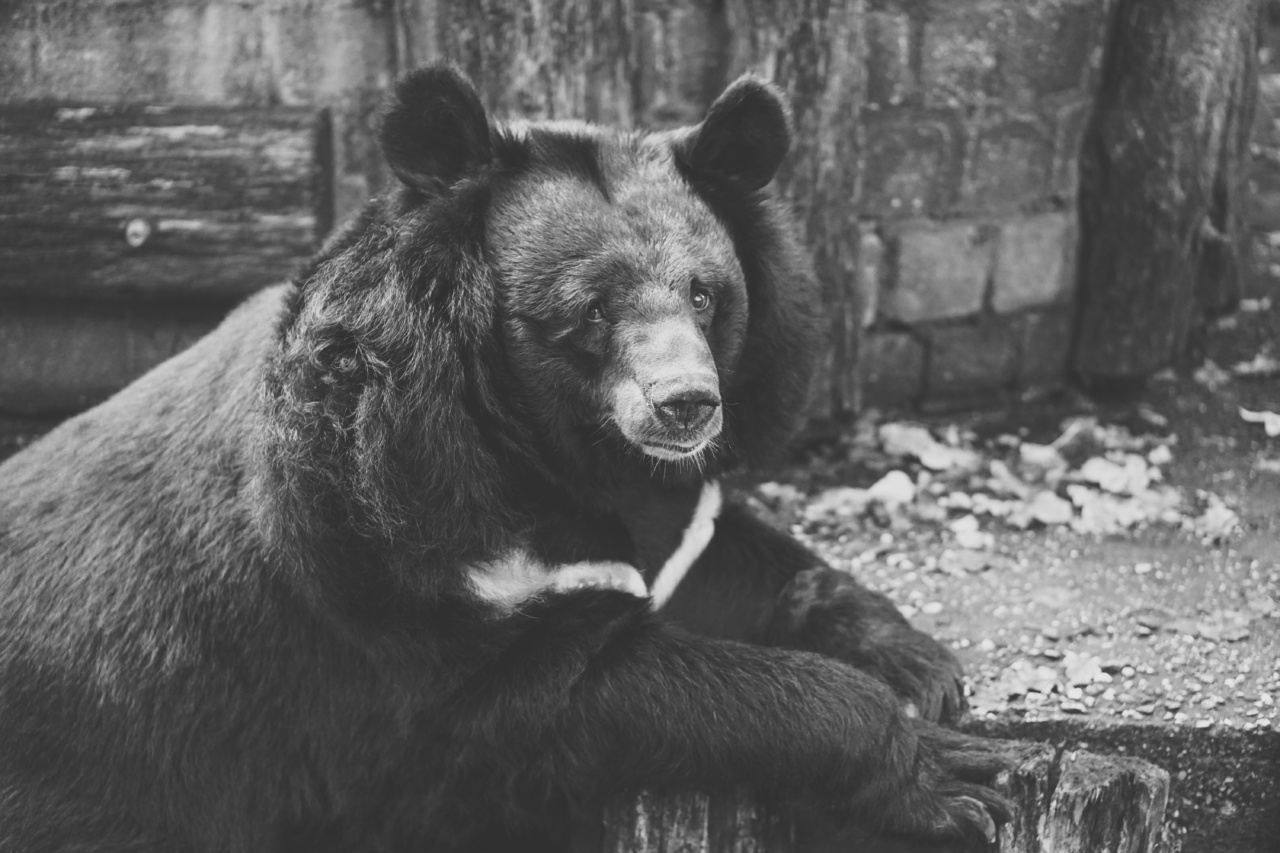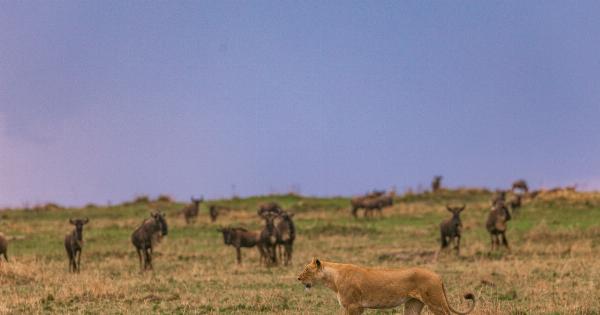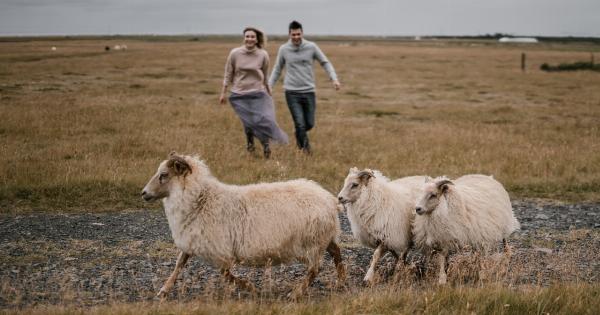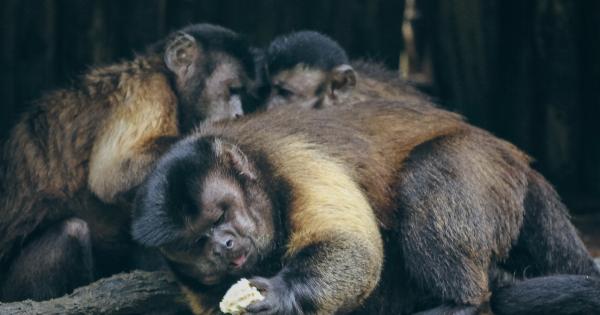World Animal Day is an annual event held every October 4th that aims to celebrate and raise awareness of animals and the issues they face.
It was first established in 1931 by a group of ecologists in Florence, Italy, with the goal of highlighting the need to protect endangered species and improve animal welfare globally. However, the sad truth is that on this day, not all animals are being celebrated, and many are still suffering from various forms of abuse, neglect, and exploitation.
The Dark Side of the Animal Industry
One of the most significant contributors to animal suffering is the animal industry, which treats animals as mere commodities to be exploited, tortured, and killed for human consumption and profit.
In the meat, dairy, and egg industry, animals are confined to small spaces, deprived of their natural behavior and social interaction, and subjected to cruel treatment such as debeaking, tail-docking, and castration without anesthesia. They are slaughtered in inhumane ways, causing immense pain and suffering.
Similarly, the fur industry is notorious for skinning animals alive, electrocuting them anally or anally and orally, and using inhumane traps that leave them injured, starved, and dehydrated for days before being killed.
Thousands of innocent animals die each year for the sake of fashion, entertainment, and vanity.
The Effects of Human Activities on Wildlife
Another major issue that animals face is the destruction of their natural habitats and the impacts of human activities on wildlife.
Deforestation, pollution, climate change, and illegal hunting and poaching are just some of the threats that endanger many species, putting them at risk of extinction. Many animals, such as elephants, rhinos, tigers, and pangolins, are hunted for their body parts, which are believed to have medicinal or magical properties, or for trophy hunting.
According to the World Wildlife Fund, “populations of mammals, birds, fish, reptiles, and amphibians have, on average, declined by 68% between 1970 and 2016.” The loss of biodiversity not only affects animals but also has significant implications for the health of ecosystems and humans.
The Importance of Animal Welfare
Animal welfare is not just a matter of ethics and compassion, but also a critical aspect of sustainable development and public health.
Improving animal welfare can reduce the risk of zoonotic diseases, such as COVID-19, by preventing the transmission of pathogens from animals to humans. It can also foster a more resilient and equitable food system by promoting practices that respect animal rights, protect the environment, and benefit farmers and consumers alike.
Moreover, treating animals with kindness and respect can have positive impacts on human mental health and well-being. Animals, whether wild or domesticated, can provide us with companionship, joy, and learning opportunities.
Several studies have shown that interacting with animals can reduce stress, anxiety, and depression, and enhance empathy, compassion, and social skills.
What You Can Do on World Animal Day
Although the sad truth behind World Animal Day may seem overwhelming, there are still many things that you can do to make a difference and support animal rights and welfare. Here are some suggestions:.
1. Raise Awareness
Share information about animal issues on social media, blogs, and other platforms. Attend or organize events, seminars, or webinars that focus on animal rights and welfare.
Educate yourself and others about the impacts of animal agriculture, wildlife conservation, and animal testing.
2. Adopt a Plant-Based Diet
Eating plant-based foods is one of the most effective ways to reduce animal suffering, improve your health, and protect the environment.
Try to replace meat, dairy, and eggs with healthier and sustainable alternatives such as vegetables, fruits, grains, nuts, and seeds. You can also support vegan restaurants, food brands, and animal-free products.
3. Support Animal Protection Organizations
There are numerous charities, NGOs, and non-profits dedicated to rescuing and rehabilitating animals, advocating for their rights, and promoting animal-friendly policies and laws.
You can donate, volunteer, or fundraise for these organizations, or participate in campaigns, petitions, or letter-writing to lawmakers.
4. Respect Wildlife
If you encounter wildlife in their natural habitat, such as forests, oceans, or parks, remember to respect their space, behavior, and needs.
Do not disturb or harm them, and avoid activities that can harm their survival, such as littering, hunting, or consuming wildlife products.
5. Be a Compassionate Pet Owner
If you own a pet, make sure to provide them with proper care, love, and attention. This includes feeding them a healthy and balanced diet, providing them with adequate exercise and mental stimulation, and taking them to regular veterinary check-ups.
Also, adopt from animal shelters and rescue centers instead of buying from breeders or pet shops.
Conclusion
World Animal Day is a reminder that animals deserve to be treated with dignity, compassion, and respect. However, the sad truth is that many animals are still suffering from abuse, neglect, and exploitation in various forms.
By raising awareness, adopting a plant-based diet, supporting animal protection organizations, respecting wildlife, and being a compassionate pet owner, we can all contribute to a better world for animals and humans alike.





























